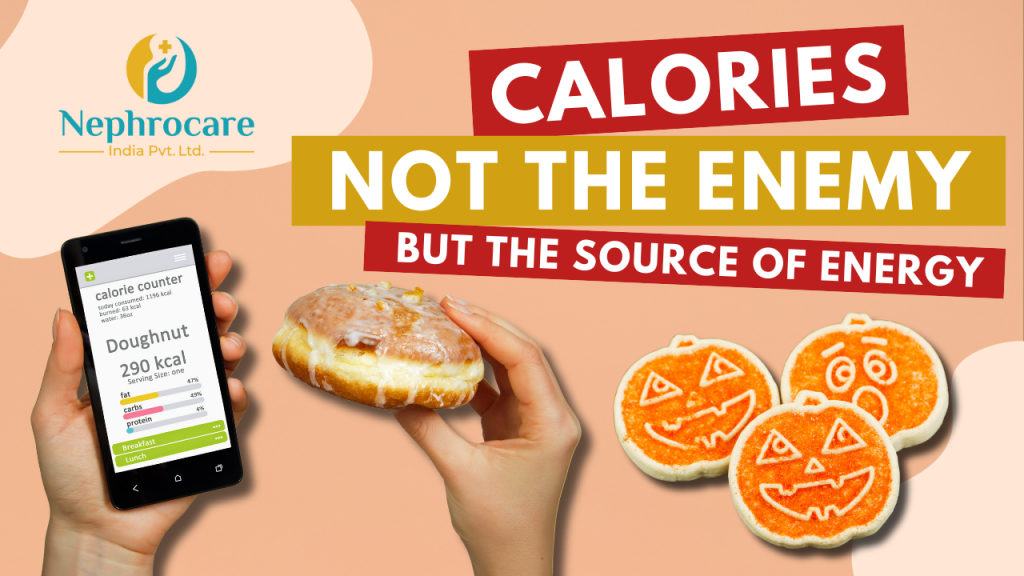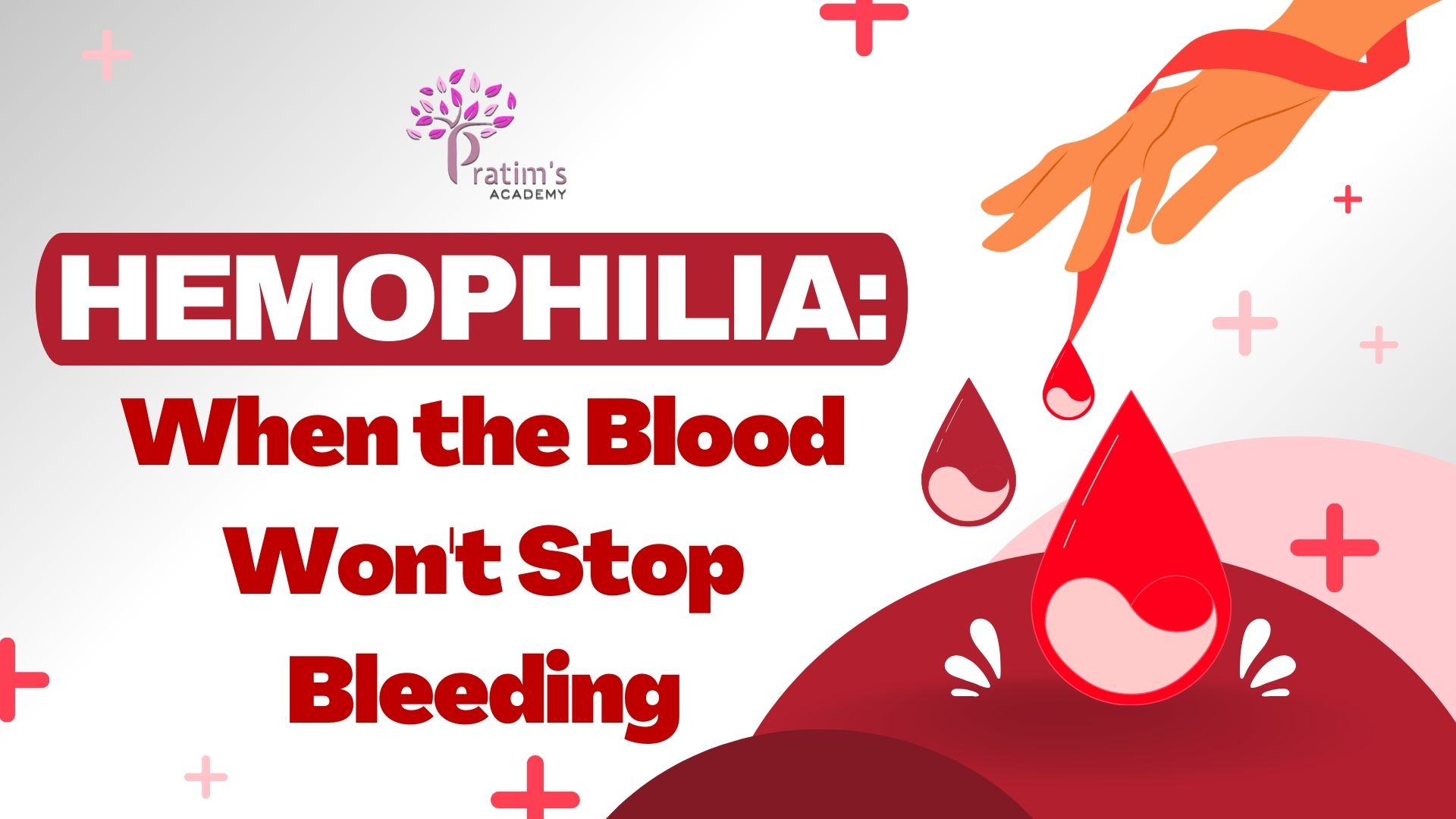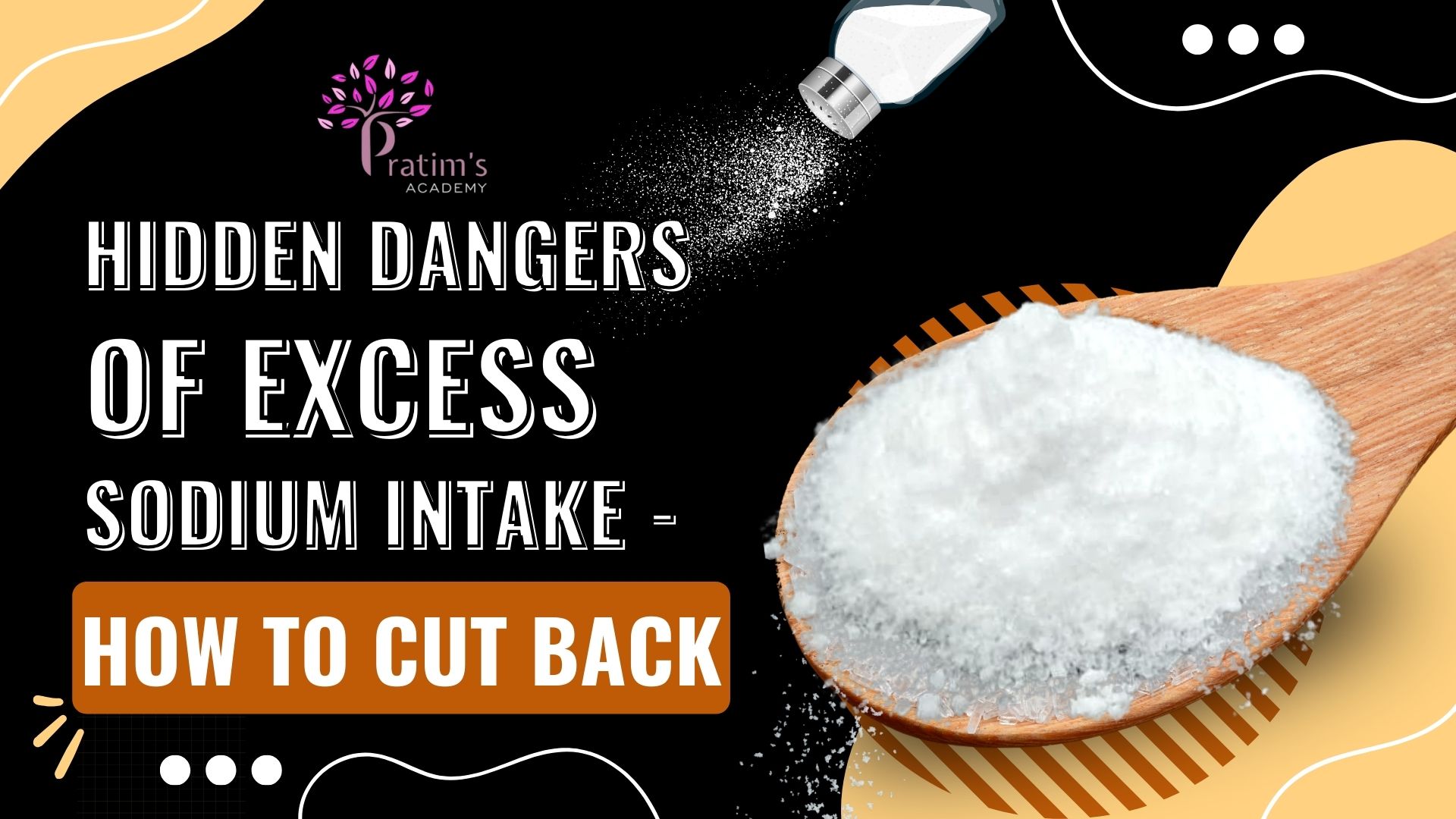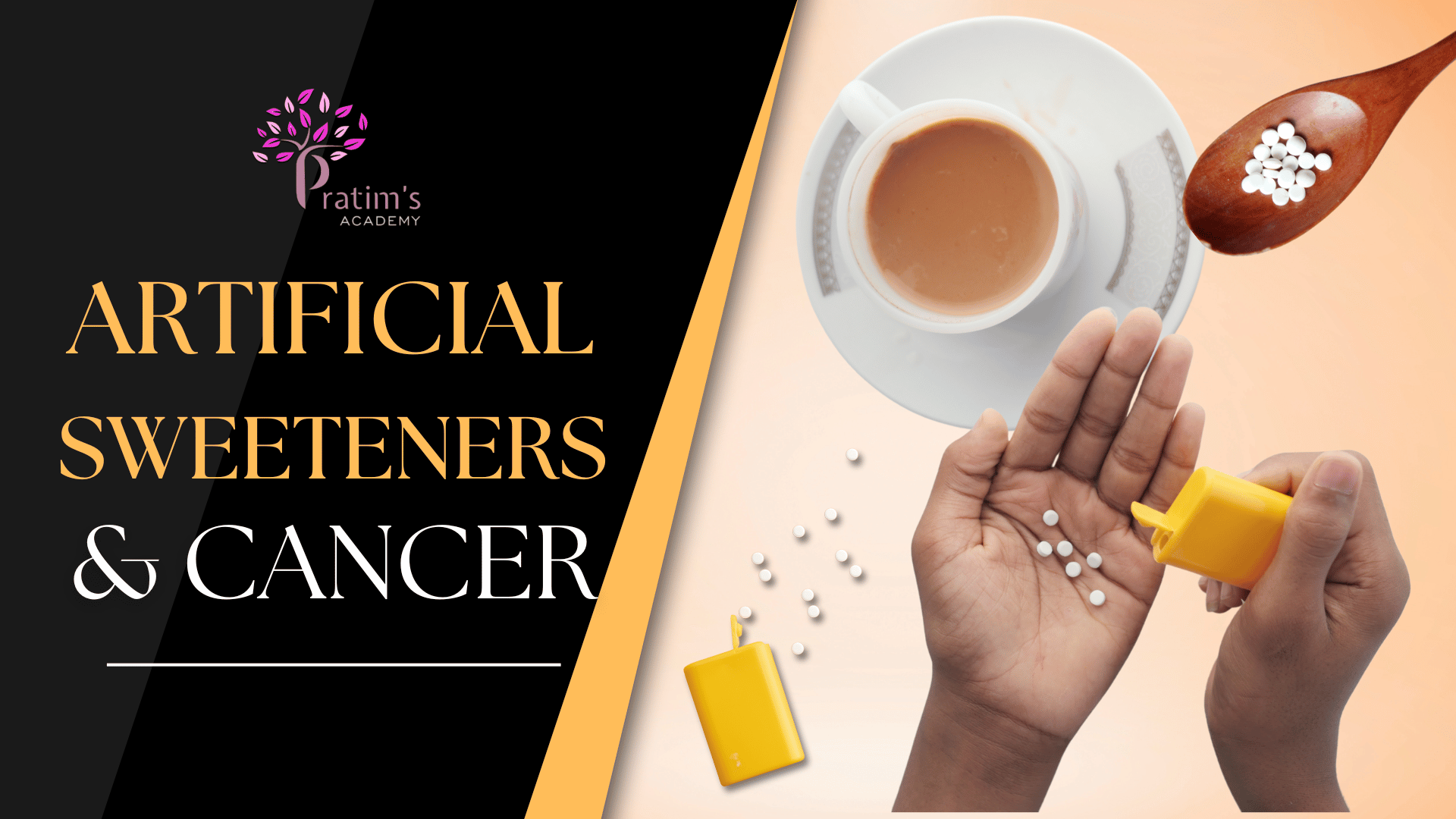
- 1082
- 1
From Calories to Confidence: A Transformation Story
As the trend suggests, Navya is a popular food blogger. Given to her love for food she choose this as her profession. But as her career progressed, so did her weight! Being a 25-year-old woman and someone who had to face the camera she was always aware of her weight. She tried a lot of diets and workout plans but had never found the proper mix. Navya made the decision to take her health seriously one day. She scheduled a consultation with a nutritionist in an effort to better understand the enigmatic realm of calories.
The nutritionist was a pleasant, middle-aged woman who warmly greeted Navya with a smile. The first thing she said was that “the best way to reduce your weight is by striking a balance between the calories you intake and that you burn.” She then went on to explain that “calories are units of energy found in the food we eat.”

Calories: The Units of Energy
The energy that is contained in the food we eat is measured in calories. Our bodies are powered by food, which allows us to carry out daily tasks including breathing, digesting food, walking, and exercising. Maintaining a healthy lifestyle requires an understanding of calories. Making wise decisions to achieve a balance between the calories we take in and we expend is more important than excessively calculating every energy unit.
Our final objective determines how many food energy we should consume each day, whether we desire to do
Weight management: Calorie intake is important whether weight loss or maintenance is our aim. Typically, we must consume fewer calories each day than we expend in order to lose weight. If continuously consume more calories (energy) than our body uses over time, it can lead to weight gain.
Density of Nutrients: We should give high-quality, nutrient-rich foods top priority in our diet. In addition to offering vital nutrients, these foods also make us feel happy and full, which makes it simpler to limit our calorie intake.
Balanced Approach: Usually we strive for a balanced approach by considering both quantity and quality. We should pay attention to portion sizes and in choosing nutritious foods.
Navya asked her nutritionist: “How much calories should I eat to lose weight?”
Caloric needs vary from person to person based on factors such as age, gender, activity level, and metabolism.
| Standard Calorie requirements (kcal) | ||
| Age Groups | Male | Female |
| 0-6 years | 1,200 | 1,200 |
| 7-18 years | 2,000 | 2,000 |
| 19-30 years | 2,800 | 2,200 |
| Above 30 years | 2,800 | 2,200 |
Let’s learn about the types of calories:
High-Calorie foods
High-calorie foods include fatty foods like fried dishes, fatty meats, oils, butter, sweet desserts, and candies. There are several foods that are surprisingly nutritious, despite the fact that many of them are deficient in vitamins, minerals, and other essentials.
Low-calorie foods
Fruits and vegetables typically have low-calorie counts while still being an excellent source of nutritional fibre.
Empty Calories foods
Foods with little or no nutritional value are known as empty calorie foods in which the fat or sugar level is frequently excessive. Alcoholic drinks, Sugary drinks, Cakes, cookies, donuts, muffins, Chocolates, candies, candy bars, and processed meats are considered to be empty caloric foods

Navya mentioned that her query on “how much calories I need per day?” has been resolved. The dietician also discussed how regular exercise might help her lose weight and burn calories .

A healthy lifestyle must also include consistent exercise. In addition to aiding in food heat burning, it also has a host of other advantages, such as promoting general well-being, strengthening muscles, and enhancing cardiovascular health. For any assistance, you can follow the link below:
https://chat.whatsapp.com/JJgH0sTgBXGJXP7fgNVIr3
With this newfound knowledge, She began preparing nutritious meals that were high in fruits and vegetables. She also made regular exercise a part of her everyday life, including weight training, yoga, and brisk walks.
The quantity of calories or the “quality” of the calories
When it comes to nutrition and general health, both the quantity and quality of calories matter. They both have a big impact on our nutrition and overall health.
The quantity of calories we consume is a fundamental factor in weight management.
The quality of calories refers to the nutritional value of the foods we consume.
By paying attention to the quality and quantity of our food intake, we can harness the power of calories to fuel of our bodies effectively and achieve our health and fitness goals. To need any help regarding diet you can
Navya could see the improvements in herself after a few months. Her confidence increased, she felt more energized, and her clothes fit better. Now she no longer views calories as the adversary but rather as a tool to assist her in making educated food decisions.
Navya’s tale serves as a helpful reminder that calories are only a way to assess how much energy we get from food and are not the enemy.
While calories are an essential component of nutrition, a balanced diet should also take into account the quality of nutrients and their effects on general health. Consequently, it’s not just about how many calories are ingested, but also about the nutritional worth of the foods and how they affect general wellbeing. In conclusion, calories are a vital unit of energy measurement in nutrition and physiology. They are crucial to understanding the human body’s energy balance as well as the effects of diet on health and weight management.
Comment
Check Your EGFR
***We Promise, no spam!







2023-09-26 07:44:57
Excellent ?